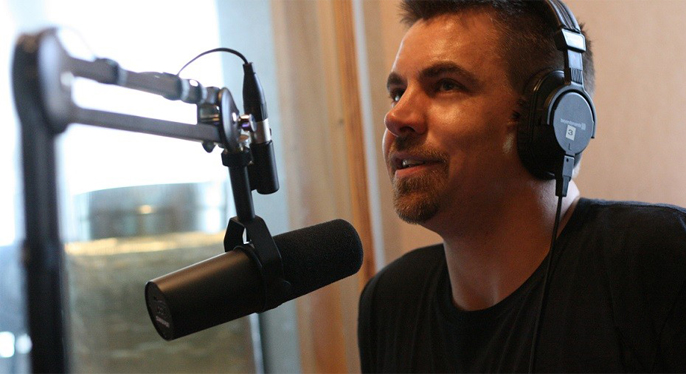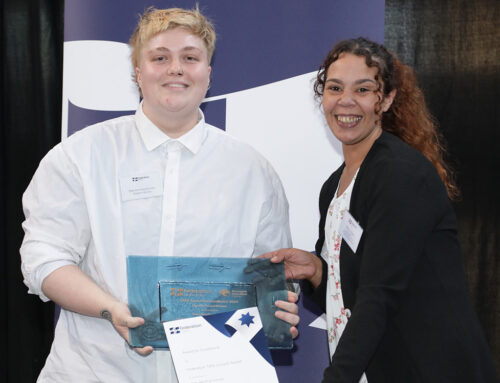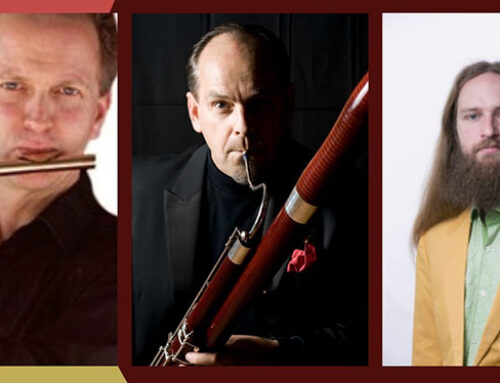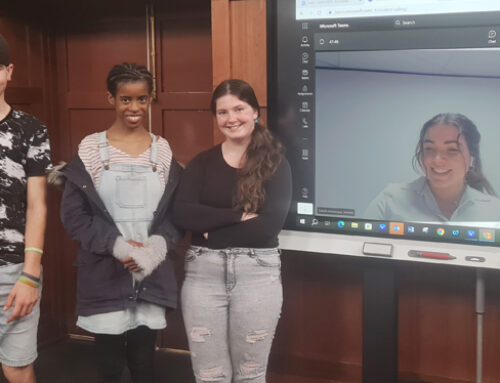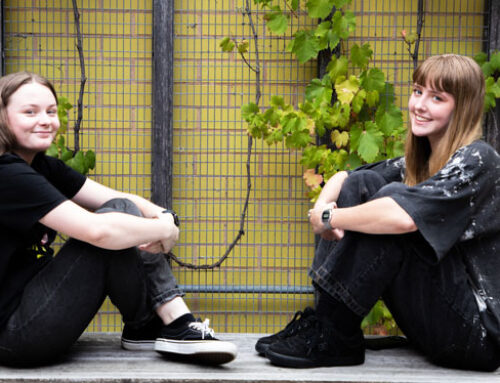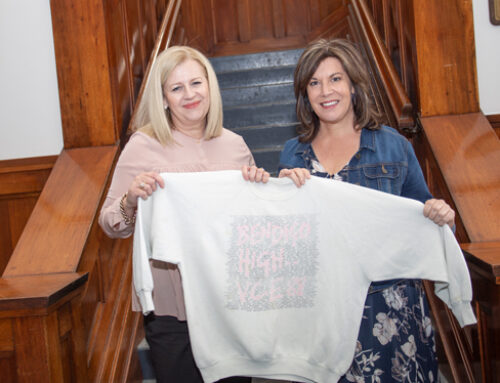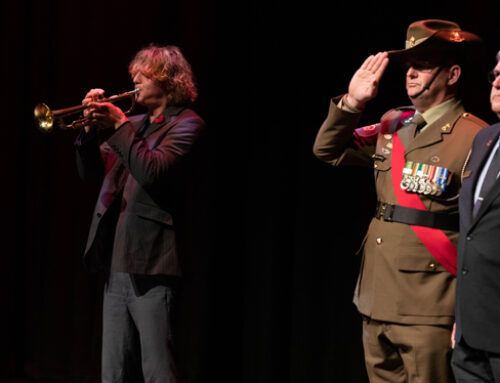HIV-positive advocate from Bendigo talks diagnosis, treatment and advocacy
By Mark Kearney -Bendigo Advertiser
Dean Beck still remembers the first time he saw the grim reaper commercial.
But even the news reports that followed, showing thousands of men languishing in infectious disease wards around the world, seemed far removed from the experiences of a Bendigo teenager.
He was too busy reading Rock Hudson’s biography, and being the first male student in Bendigo High School history to study fashion, to take much notice.
Three decades on, 45-year-old Mr Beck is a radio announcer – Melbourne’s own LGBTI shockjock on queer radio station JOY 94.9 – and a staunch gay rights campaigner.
He is also living with HIV.
He remembers vividly the moment he was told of his diagnosis.
It was November 21, 2013, just ten days before World AIDS Day and the countdown to Melbourne AIDS conference from which Mr Beck’s station would stage a 24-hour broadcast.
After a routine test at the sexual health clinic he frequented, Mr Beck returned for his results. Normally one nurse would be waiting for him. This time there were two.
“It was like being whacked in the stomach with a baseball bat, a huge thud that took the wind out of me,” Mr Beck said.
He left in a daze, but was immediately concerned with how soon he could start treatment.
News of the AIDS crisis might not have perturbed him in the 1980s but by the time of his diagnosis, years living and working in Melbourne’s gay scene meant Mr Beck was well-acquainted with stories of HIV.
He nursed friends through their seroconversion – the period when HIV antibodies develop in the body, often accompanied by flu-like symptoms – and, in his 30s, was in a relationship with an HIV-positive man.
Asked how someone so well informed about HIV could acquire the virus, Mr Beck conceded it was a question he had put to himself time and time again since his diagnosis.
“Condoms might be the perfect solution to perfect people who have sex perfectly every time,” he said.
“I’m not perfect.”
There remained a lack of public knowledge about HIV, Mr Beck said, like the fact the virus was more often acquired from a person unaware of their positive status than from a person already being treated.
Antiretroviral therapy can lower HIV to an “undetectable” level, making it almost impossible for someone to pass on the virus.
The health outcomes for someone living with HIV are also no different to those who are negative, and some believe they could be even better because of the rigorous medical attention patients received.
It was this lack of public understanding about sexual health that prompted Mr Beck’s move into radio, and the reason he publicly discloses his positive status on air.
“Being comfortable with disclosing is something that takes time and I get why people don’t do it,” he said. “I want
But the radio personality said his life had not changed dramatically since his diagnosis.
He now took one pill every day and attended quarterly doctor’s meetings
Unlike some of his peers, he had not experienced serious incidents of discrimination based on his HIV status, something he puts down to a resilience forged in Bendigo schoolyards where fending off bullies’ taunts was a daily chore.
Instead, Mr Beck believed the greatest source of unfairness was from the government and health authorities who oversee anti-HIV drugs.
He labelled as “inexcusable” their failure to make pre-exposure prophylaxis Truvada more widely available, believing he would be negative had PrEP come to Australia sooner.
Truvada was only registered by the Therapeutic Goods Administration this May and was refused listing by the Pharmaceutical Benefits Scheme on economic grounds in August.
“It is a very poor reflection on our federal health system,” he said. “Why, in this country, with the world’s best health system, we aren’t at the forefront of this stuff, and we are five and ten years behind, is simply reprehensible. It’s almost at the point where we think, ‘at what point do we make them culpable?’”
He also has recommendations for the government on how to screen for HIV and other sexually-transmitted infections, calling for the establishment of a national testing week during which time celebrities would have sexual health check-ups and encourage the public to follow suit.
“We need to bling AIDS,” he said, explaining it was testing that would bring down new HIV infections.
About 1000 Australians every year are newly diagnosed with the virus. As for a cure for the 35 million people worldwide living with HIV? Mr Beck was “not holding [his] breath”.
“I want there to be a cure that’s accessible to all who need it,” he said. “Until then, I’m more interested in the here and now.”

